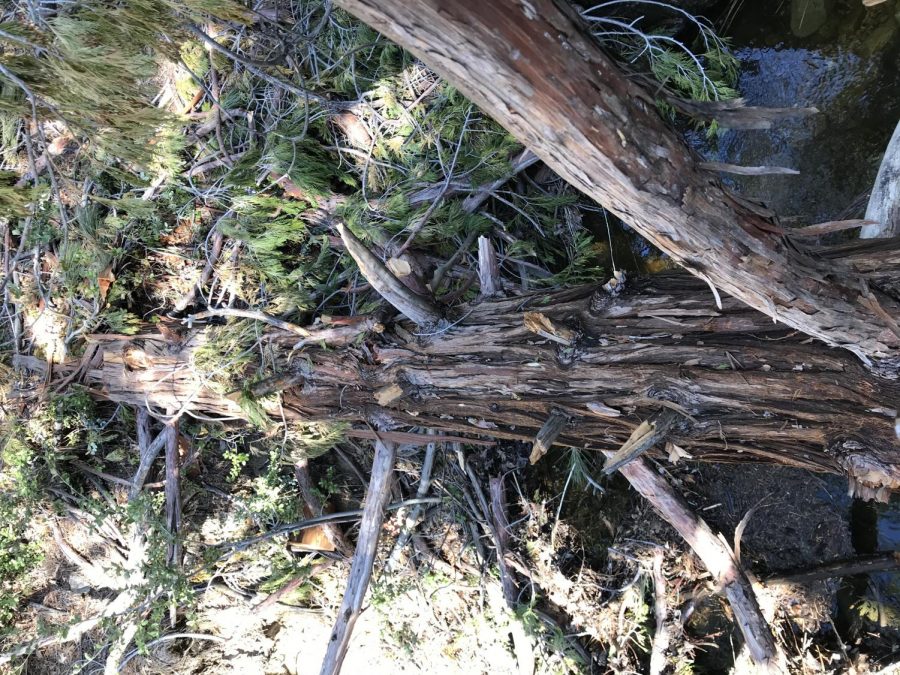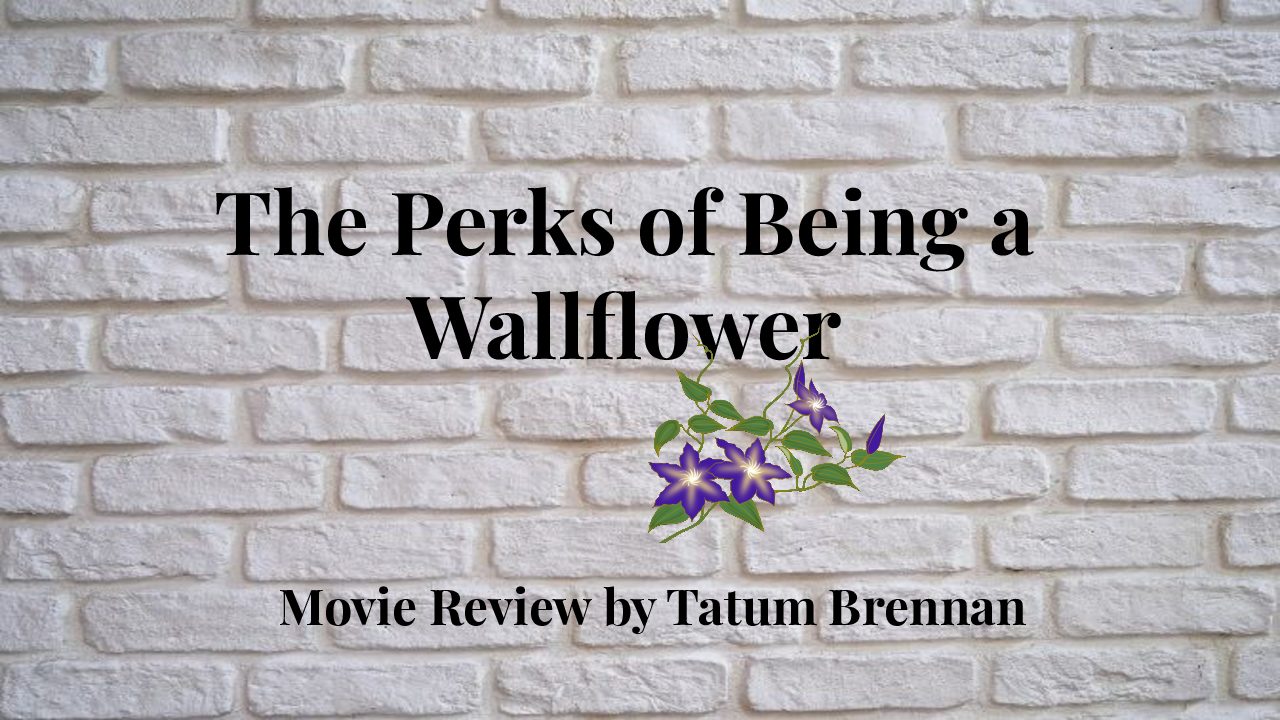Pandemic lets the world recover
Our world has been constantly polluted for decades. During this pandemic, Earth has finally gotten a break and has wasted no time to recover.
April 27, 2020
Just one month ago, rumors were flying around the world that our Earth would become uninhabitable in only a few decades. Now, there are instead thousands of birds flying around the globe, breathing the cleanest air they’ve ever inhaled in their lifetime.
Ever since the Industrial Revolution back in the nineteenth century, humans have continued polluting the Earth beyond repair. There have been great strides to combat the destruction of our world, but the rate at which we’ve been polluting the planet is far greater than the rate at which we clean up after our mistakes.
Since the world is now seemingly shut down, we are seeing the benefits of majorly reducing our carbon footprint. Cars that used to pump carbon dioxide now remain parked in driveways, the planes that once ruled the skies have been grounded, and oil that used to fuel these machines is now being sold at -$40 a barrel due to the lack of space to store it. The 2019 Novel Coronavirus has shut down humanity, and as hard as it may be to admit, the Earth has wasted no time to thrive in our absence.
Many sites on the internet and respectable institutions such as NASA have all agreed that air quality around the world is getting far better. In fact, NASA conducted an experiment to compare the emissions of nitrogen dioxide in China by satellite. The emissions had drastically lowered since the lockdown, to the extent that it even surprised the experts at NASA. For example, in Northern Punjab, a northern Indian state, residents can actually see the Himalayas for the first time in decades, since the air pollution that had once blocked them from view has drastically reduced.
While climate change and air pollution are getting back under control, animals around the world have also decided to take advantage of this time. With the lower number of humans on streets and walking around, animals have begun to creep out of the little pockets of lands we’ve forced them into and are taking back their world. You may have noticed that animals are wandering in the streets in increased numbers now, and they gather in greater numbers in their natural environments now. In Venice, for example, ducks have laid eggs in the canals at an incredible rate, healing their once fragile ecosystem.
The 2019 Novel Coronavirus has given humans a very hard time, but it has also provided a relief for nature and bought it time to grow for a little while. Let’s face it though: This isn’t going to last forever. When the virus stops affecting humans on so great a scale, everything will begin to revert to how it once was. The cars will drive and the planes will take off. It’s already happening in China, where people are slowly returning to work, and emissions are already starting to spike again.
We need to take this time to acknowledge and accept the simple truth that humans are destroying the planet. This pandemic is undeniable proof that human apathy will lead to the end of everything. But we as humans can do something to make sure that all life is protected. We can make changes that can help heal the Earth yet keep our society still afloat. We can stop being selfish and begin respecting our Earth more.
There is no Planet B, and if we continue to destroy Earth as we are doing now, there will be nowhere left to turn. The world does not revolve around us, but instead, we actually revolve around the world. Earth supplies us with everything we need and more. We drink the water that runs through the mountains. We eat the plants and animals growing or feeding in the crisp, green grass. We live in giant structures once made from the trees. We owe our lives to Earth, so it is now that we must realize what we’ve done and recognize that we must fix things. It is not about me, or you, or humans, or the animals and plants. It is about Earth.







